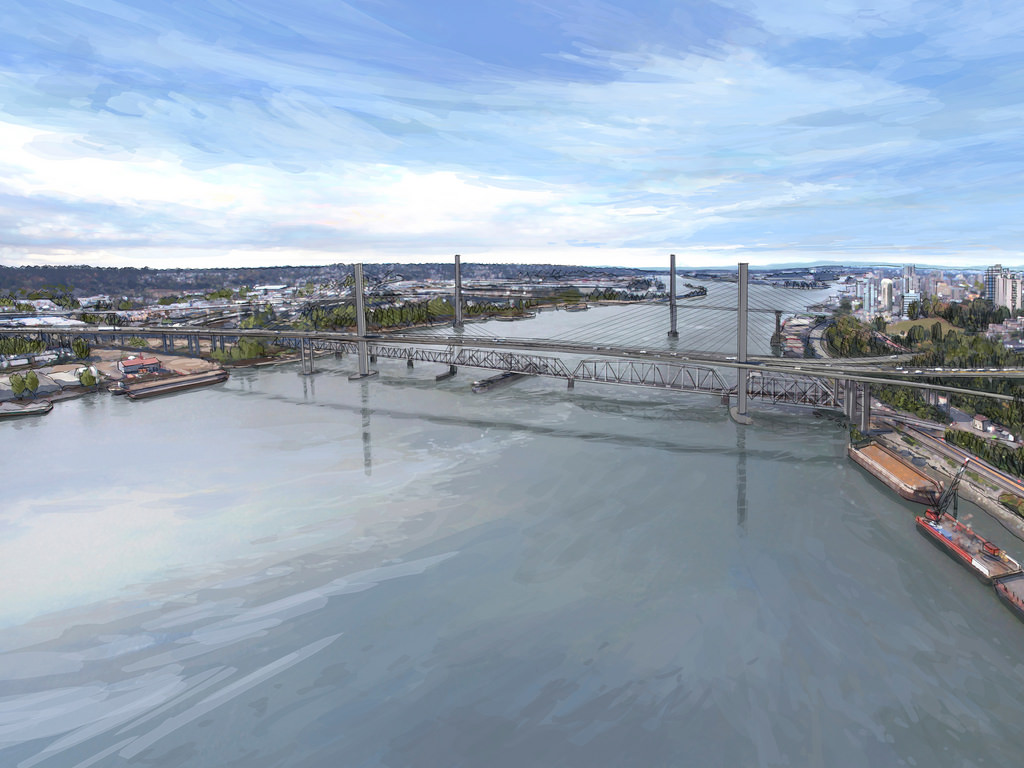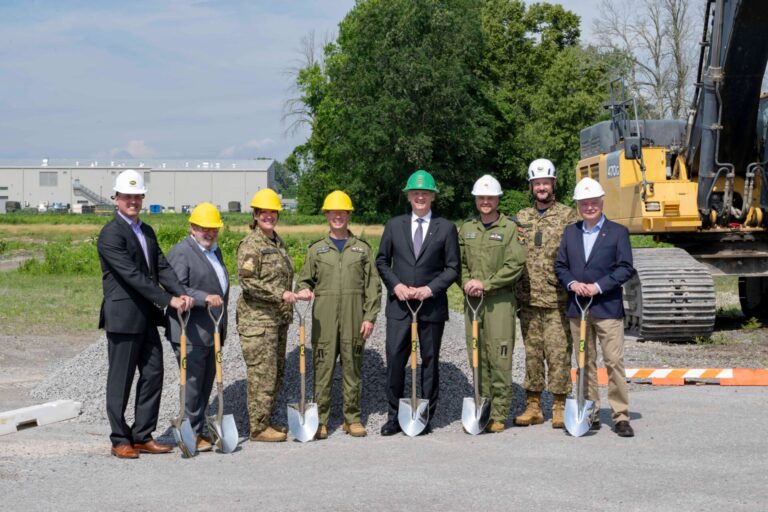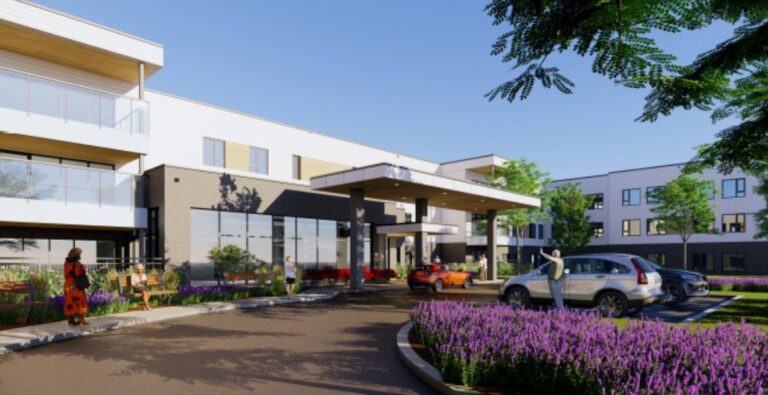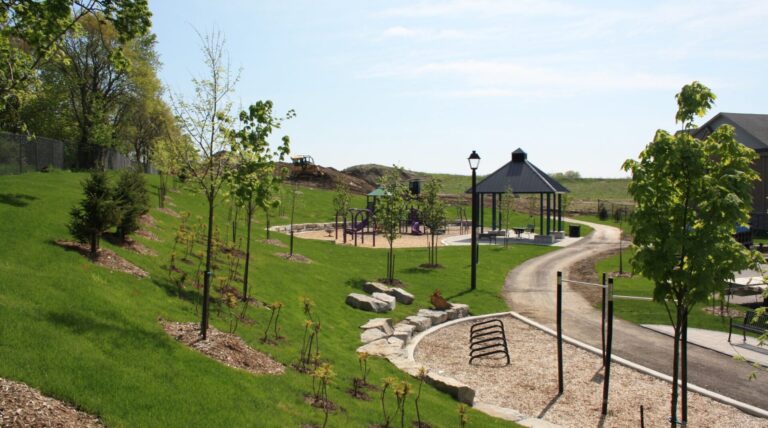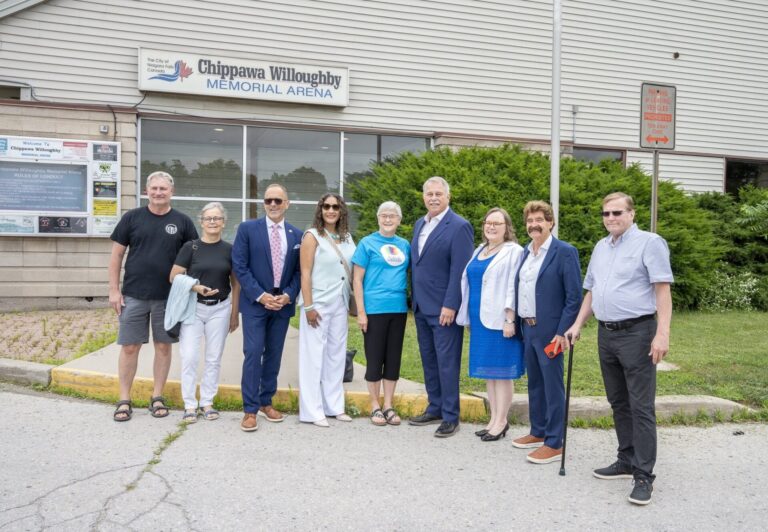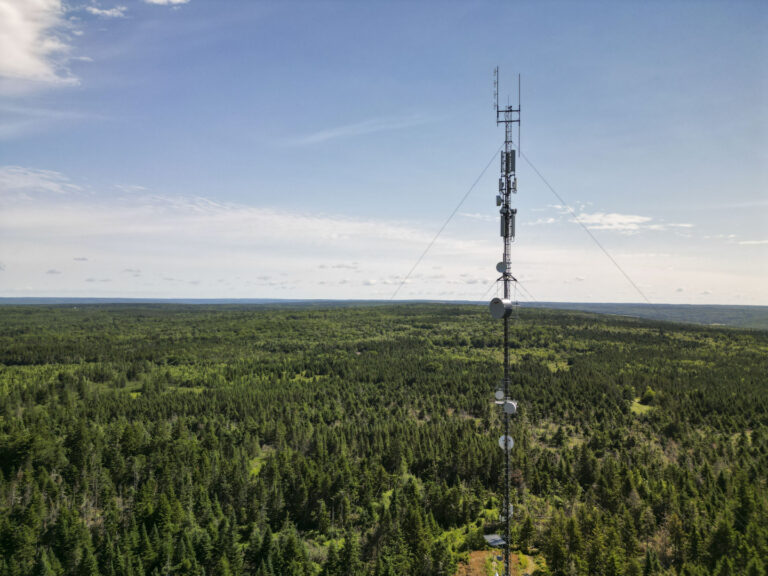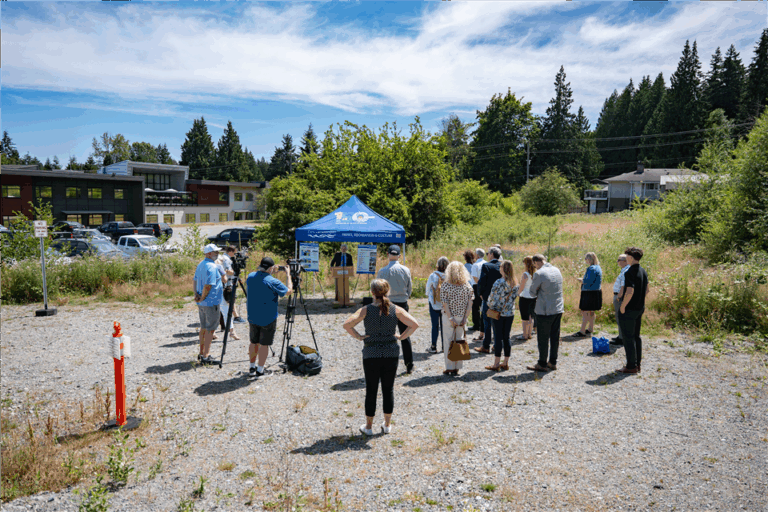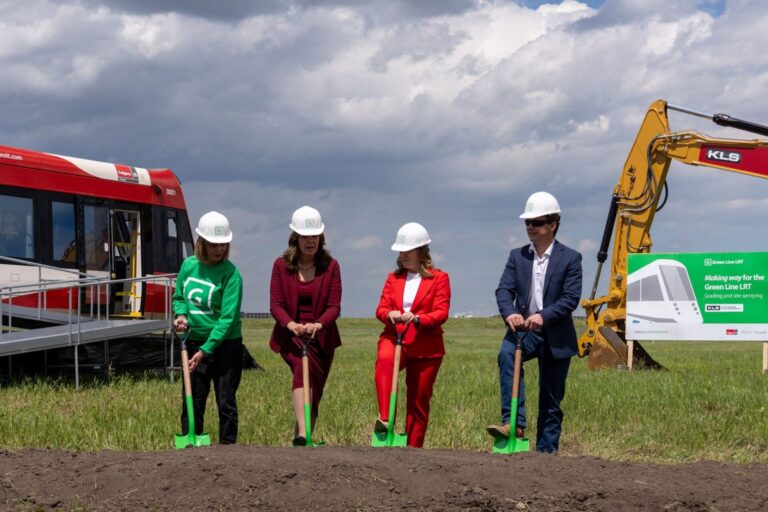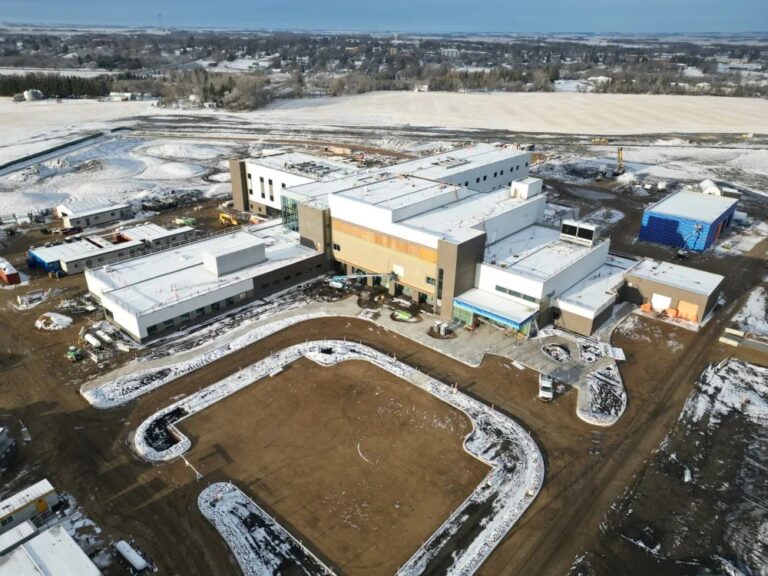Capital spending is set to reach record heights in British Columbia, as the government announced $20.1 billion in funding over the next three years.
The focus of the spending focus is on health, transportation, and education, with the province previously announcing its support for many of the major projects included in the spend:
- Health: $4.4 billion to support new major construction projects and upgrading of health facilities, such as the redevelopment of the Royal Columbian Hospital in New Westminster, a new patient-care tower at the Royal Inland Hospital in Kamloops and a new St. Paul’s Hospital at the Station Street site in Vancouver.
- Transportation: $6.6 billion for priority projects, such as the Pattullo Bridge replacement, the Broadway subway, four-laning on Highway 1 through Kicking Horse Canyon and the replacement of Bruhn Bridge in Sicamous.
- Education: $2.7 billion to maintain, replace, renovate or expand K-12 facilities, such as a new Northeast Elementary school in Fort St. John, a new school in Kelowna and expansion schools for Sullivan Heights Secondary in Surrey and Royal Bay Secondary in the Sooke school district.
- Post-secondary education: $3.3 billion to build capacity and help meet the province’s future workforce needs in key sectors, including a new sustainable energy engineering building at Simon Fraser University in Surrey, a new health sciences centre at Camosun College in Victoria and a renewed and expanded trades training facility at Selkirk College in Nelson.
The budget for the three years of the fiscal plan also includes over $902 million for CleanBC. The funding will target the reduction of air pollution and saving families money through the Clean Energy Vehicle Program, incentives for energy-saving home improvements, a net-zero building code, and programs to help communities transition to cleaner energy sources.
The government expects all three years of the fiscal plan to not just meet the target of a balanced budget, but to provide surpluses of $274 million in 2019-20, $287 million in 2020-21, and $585 million in 2021-22.

